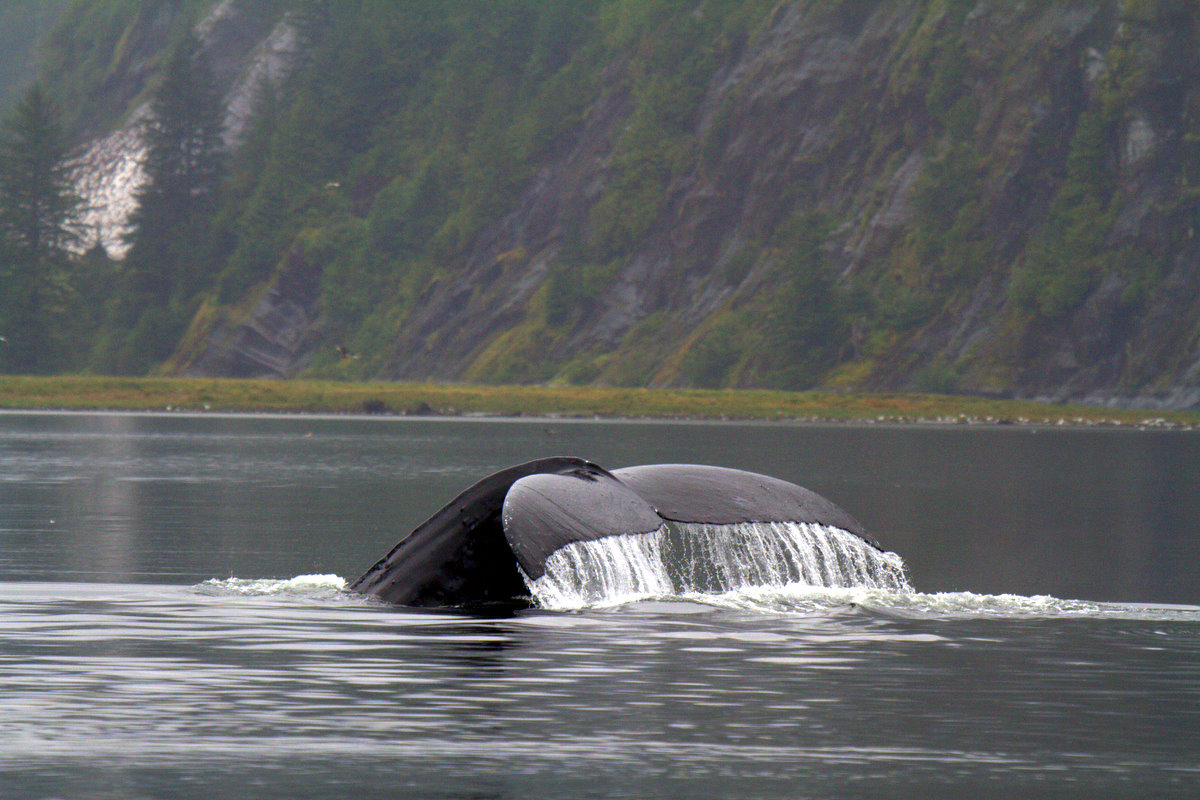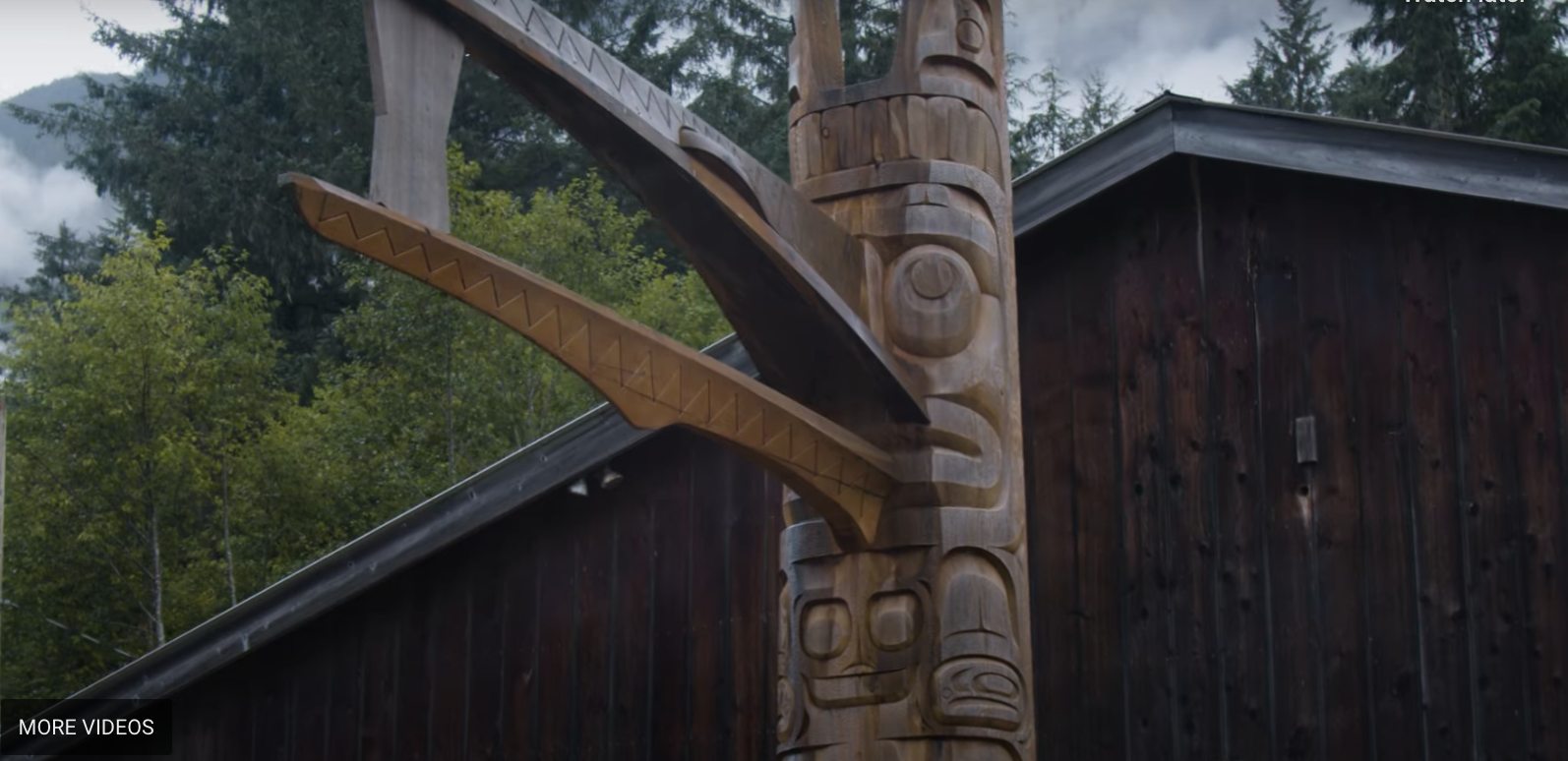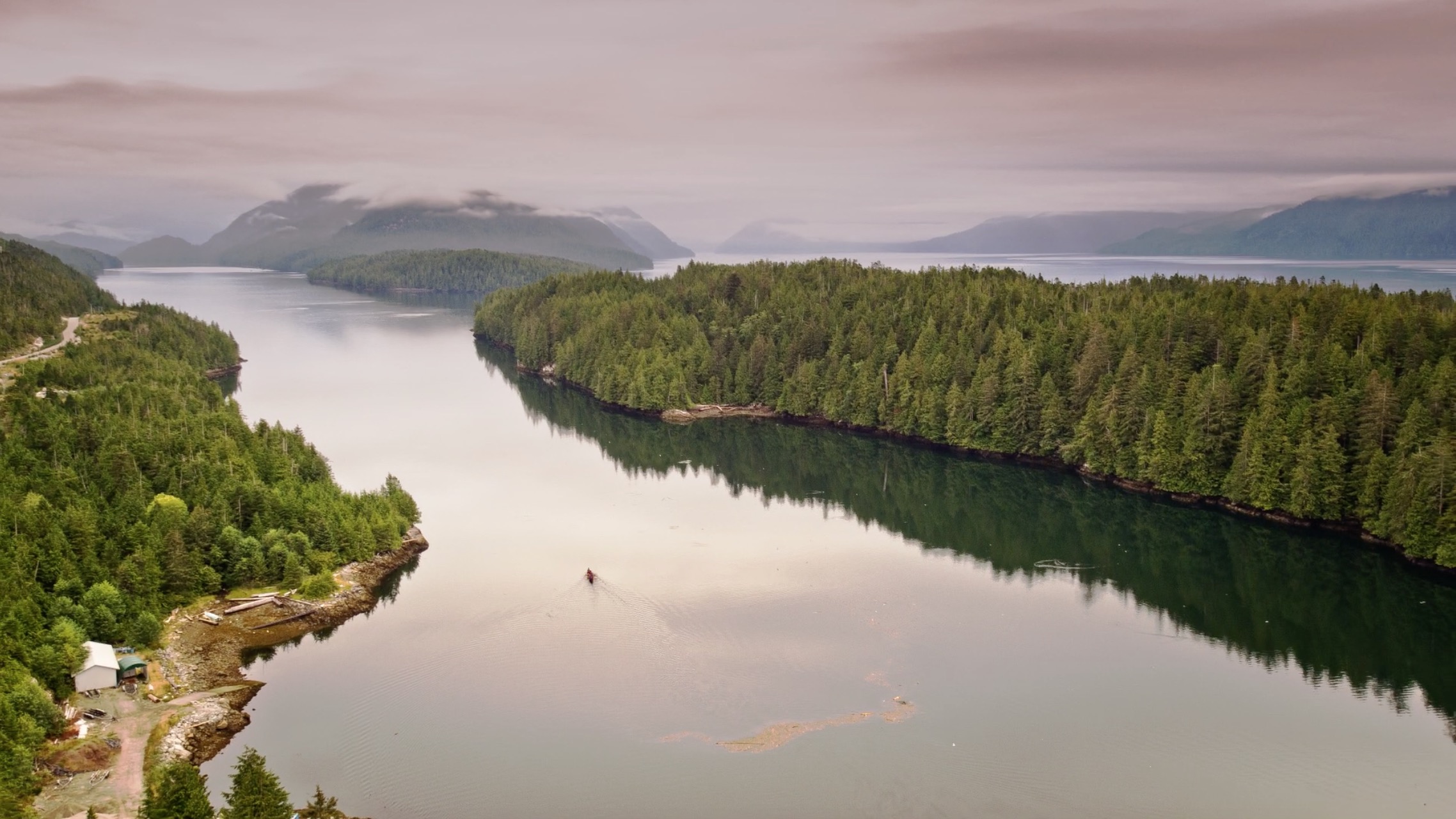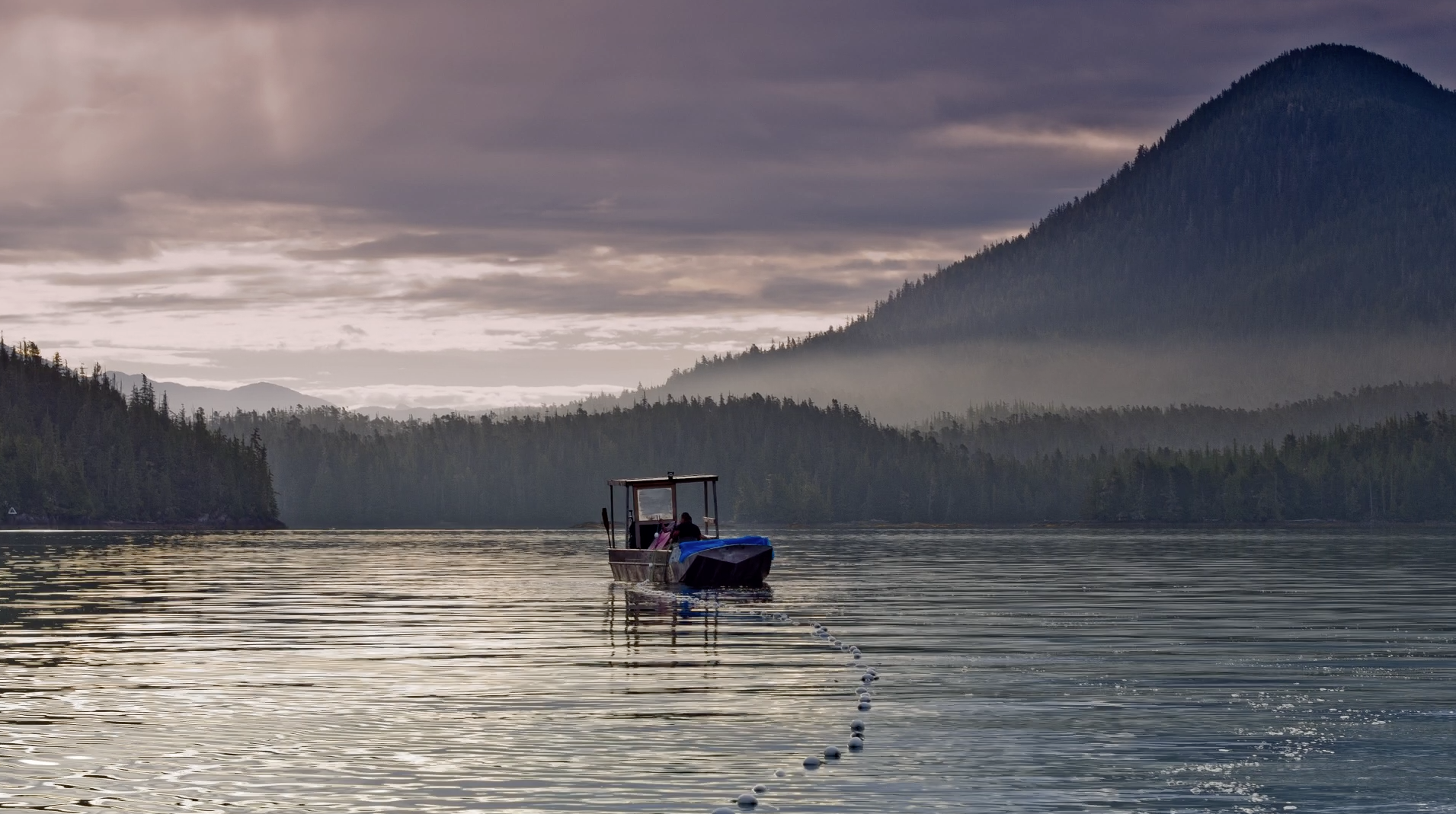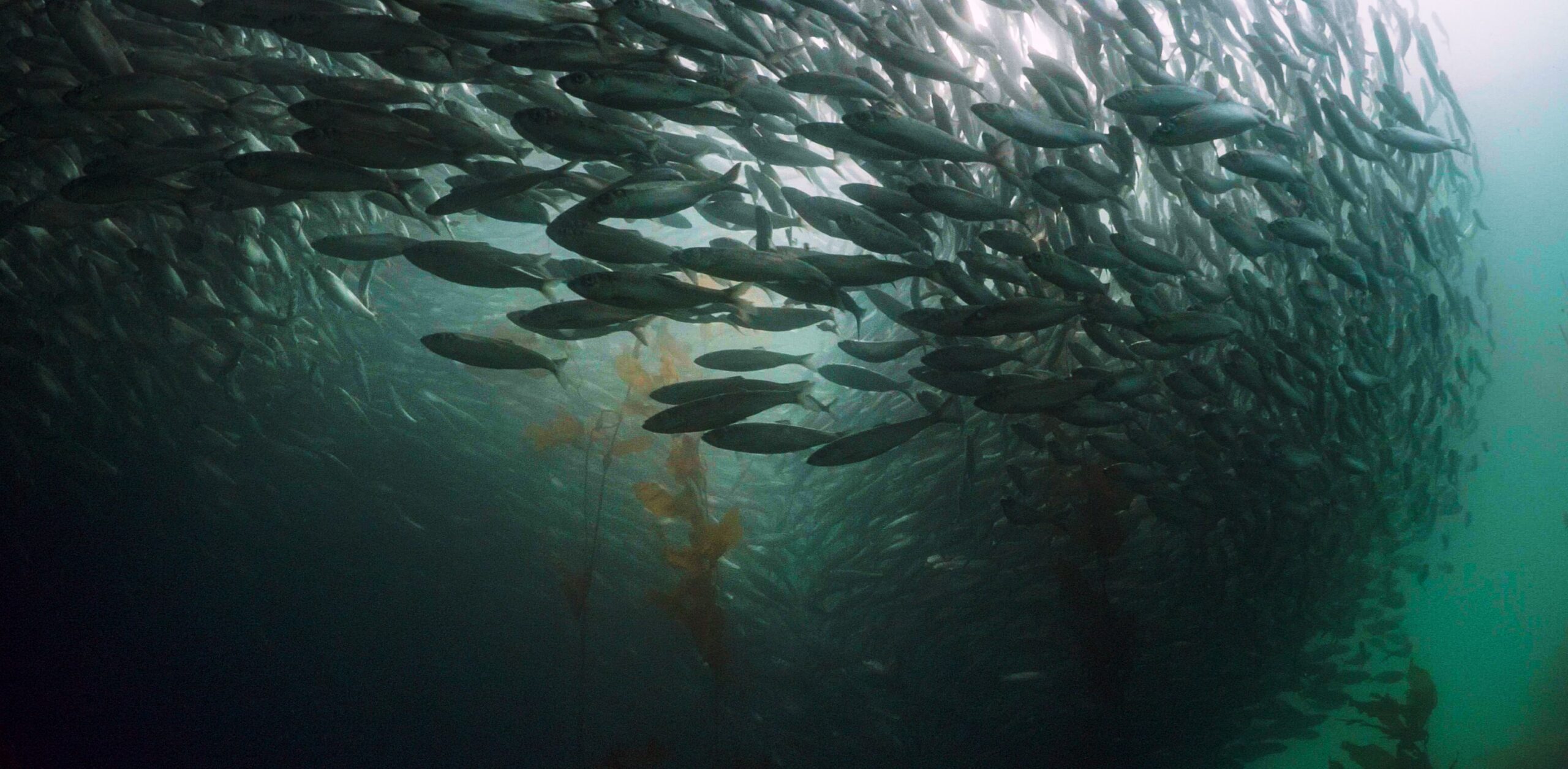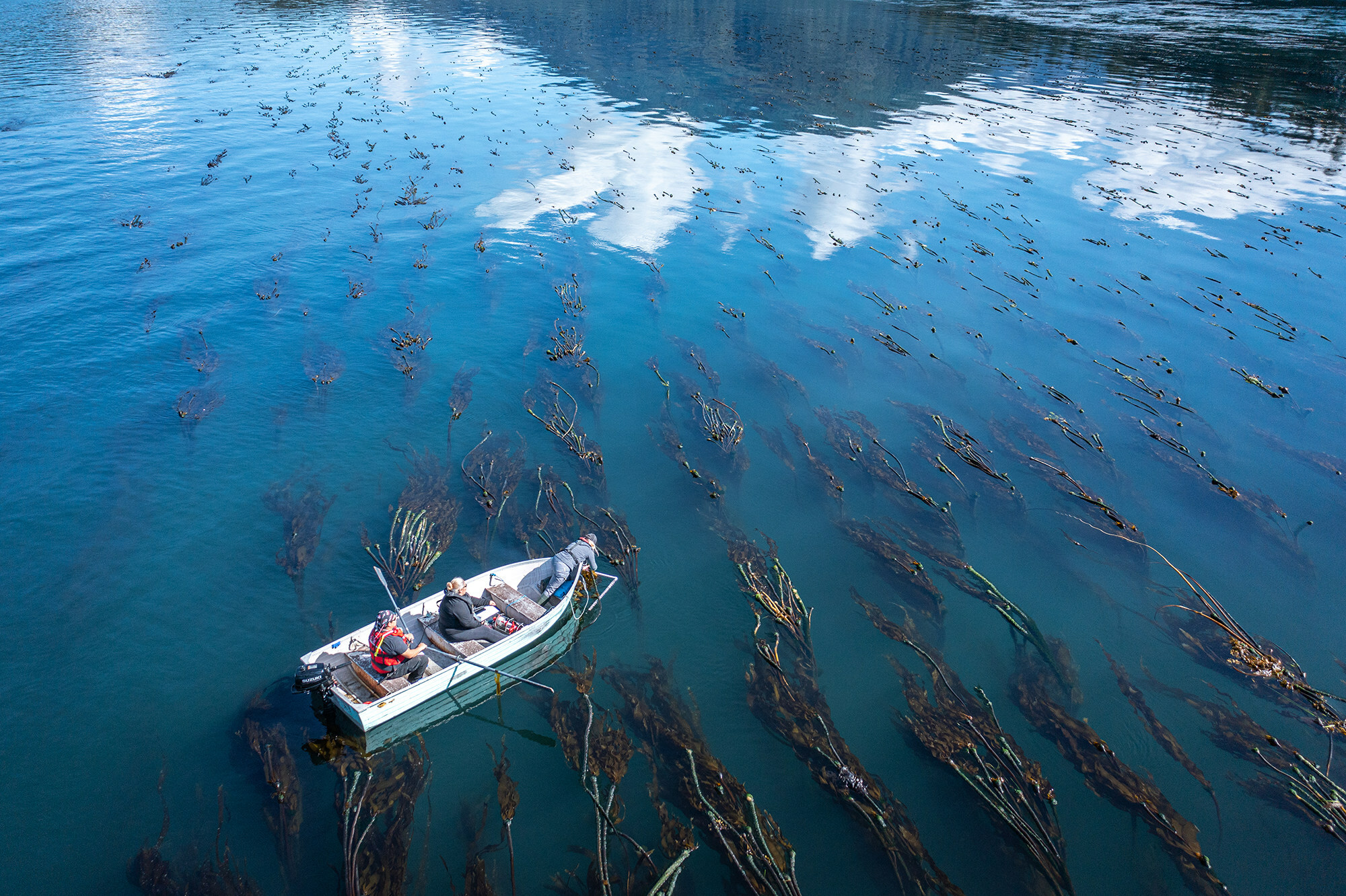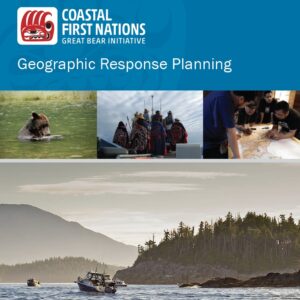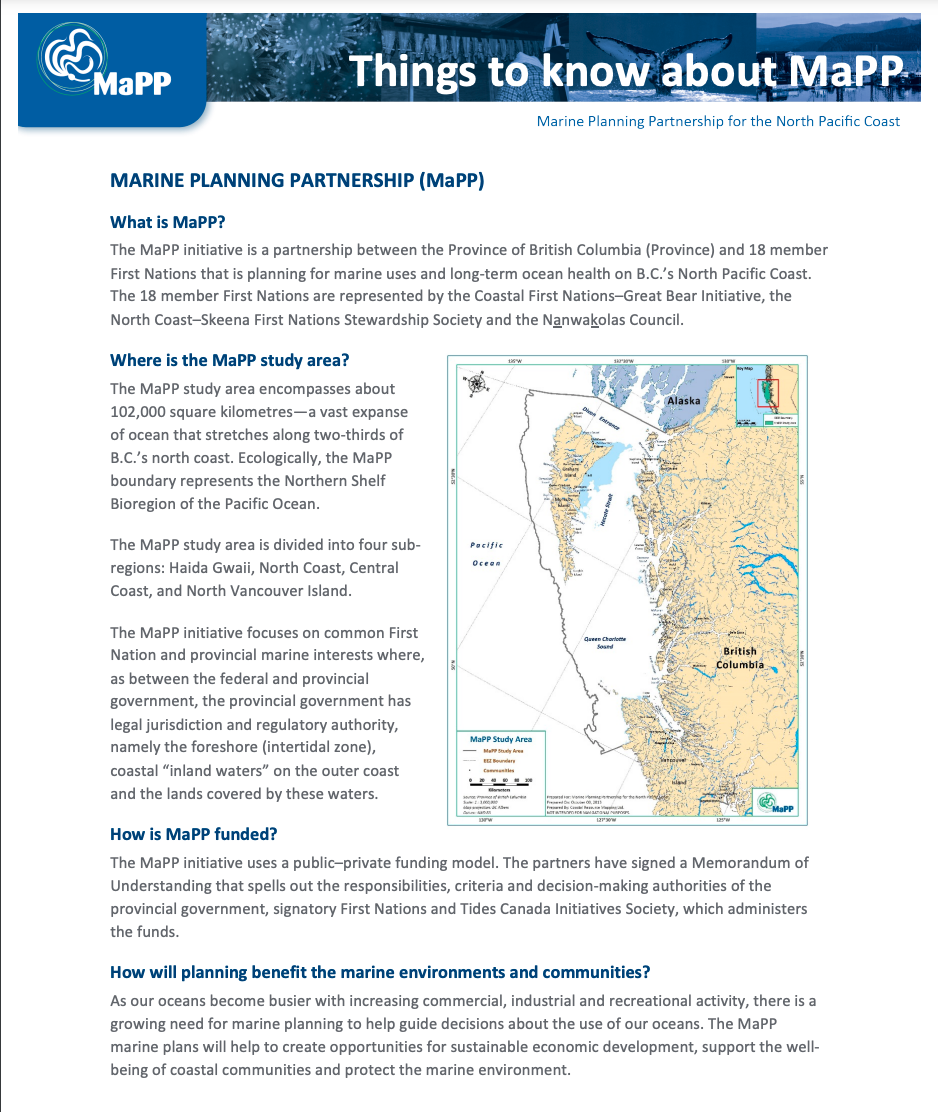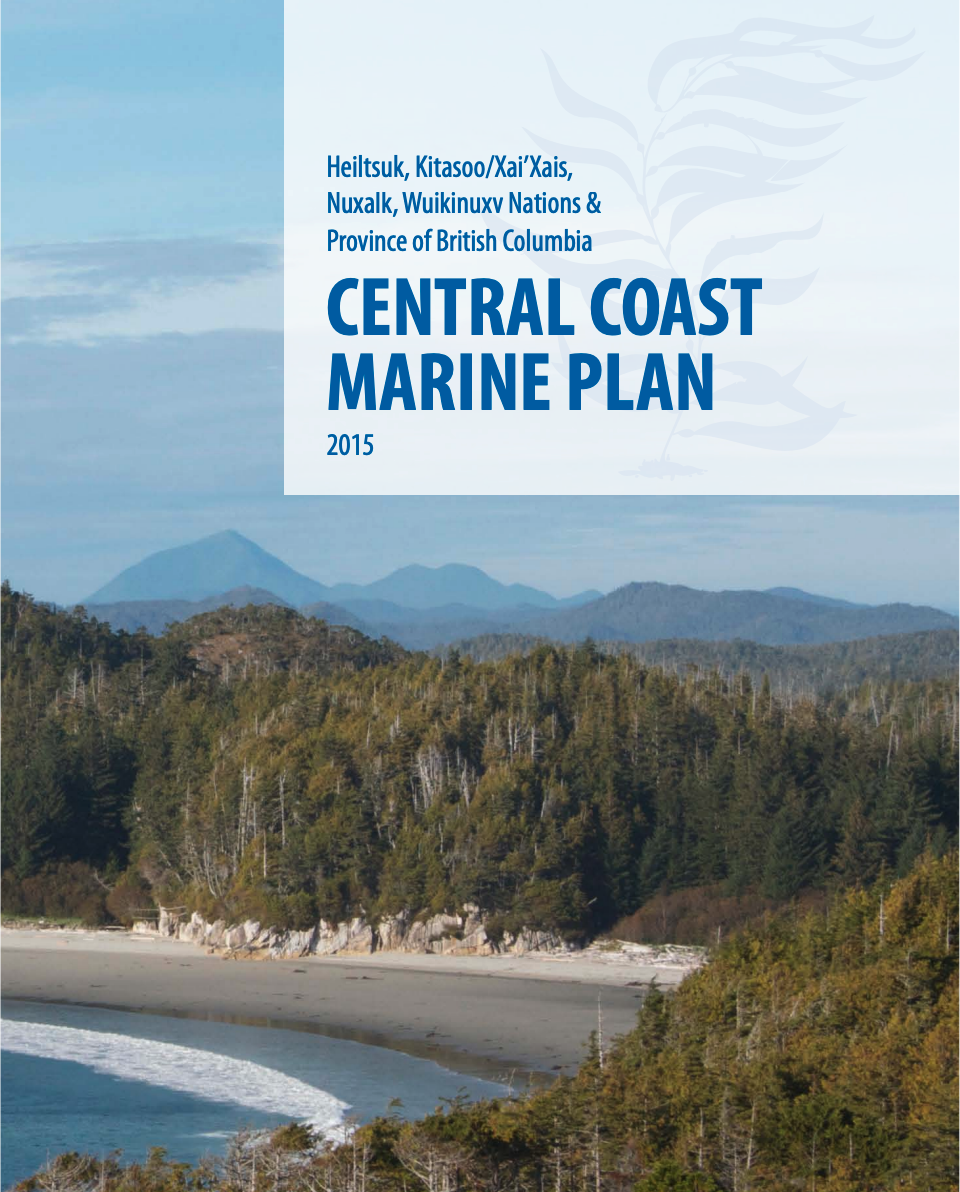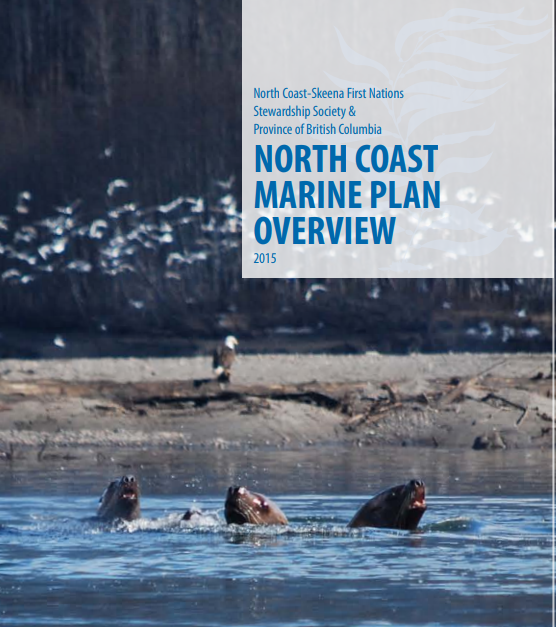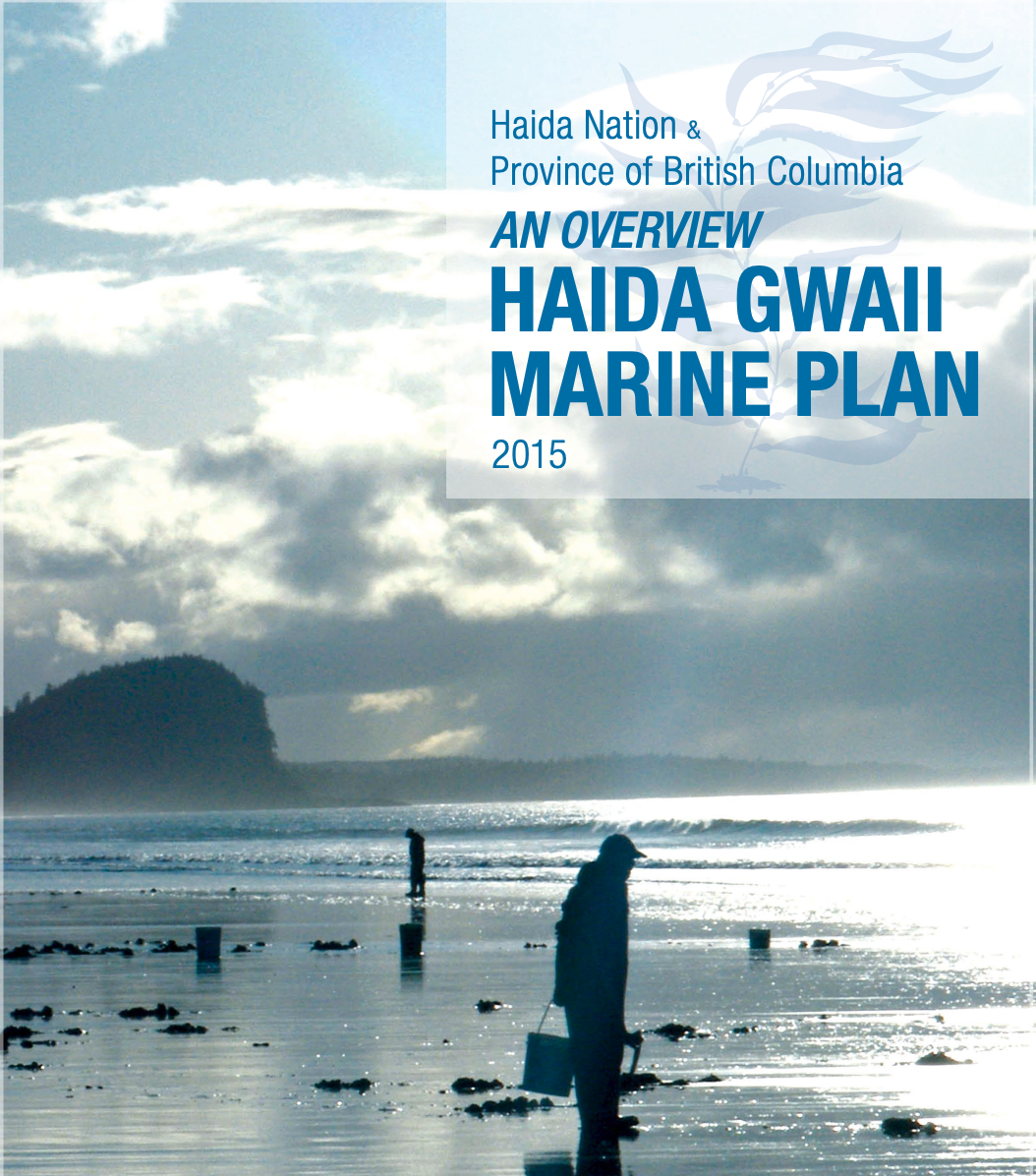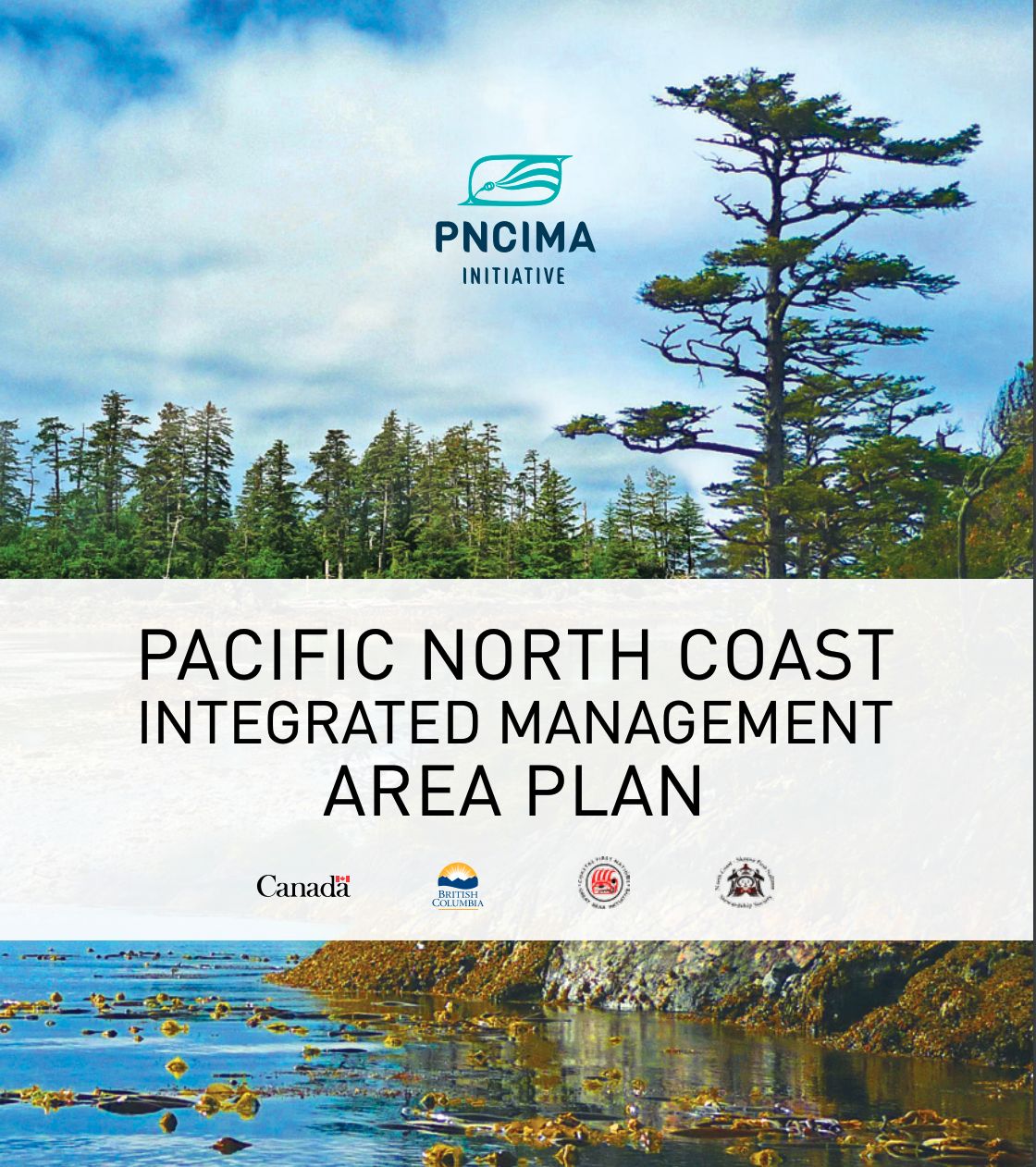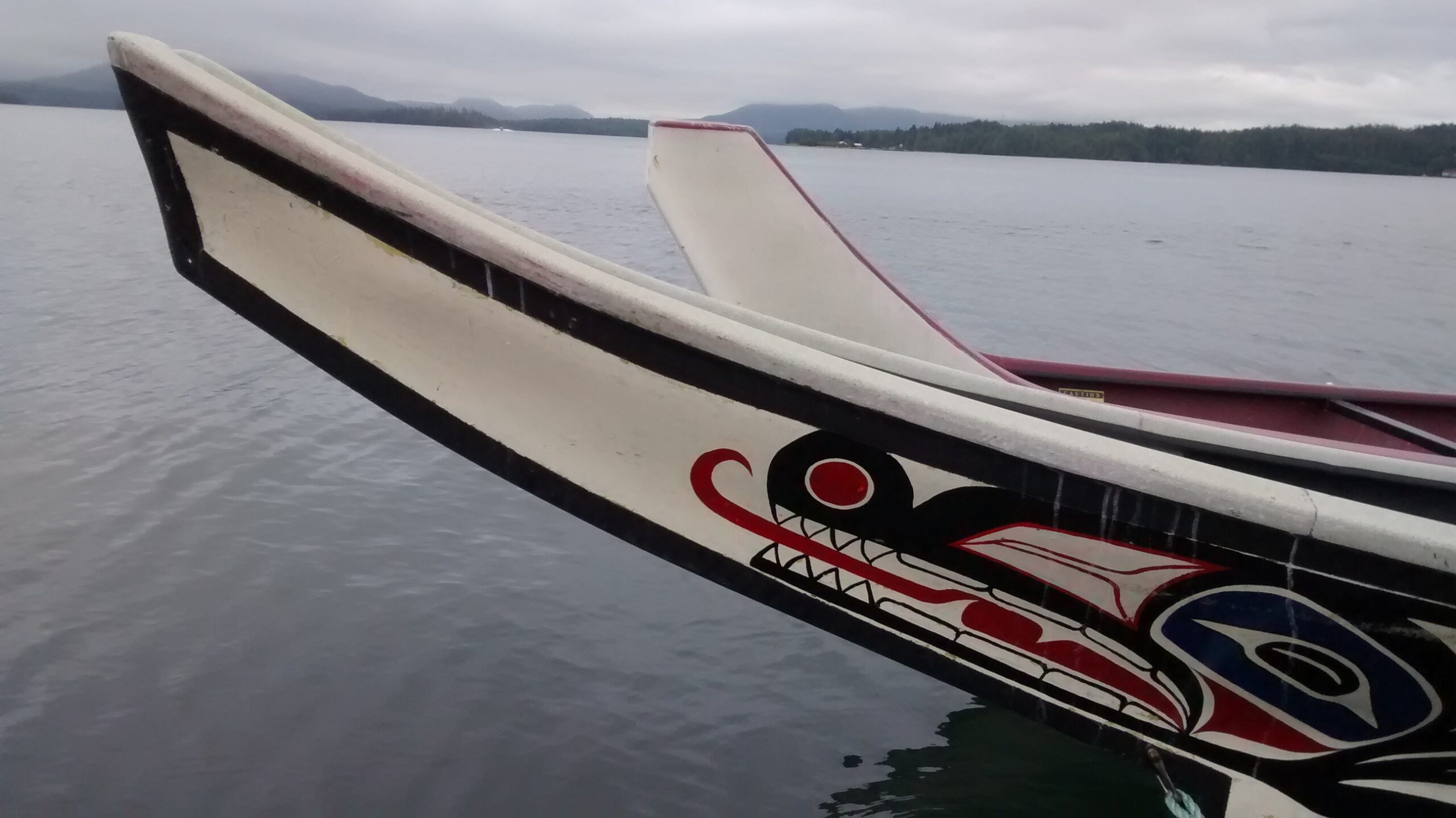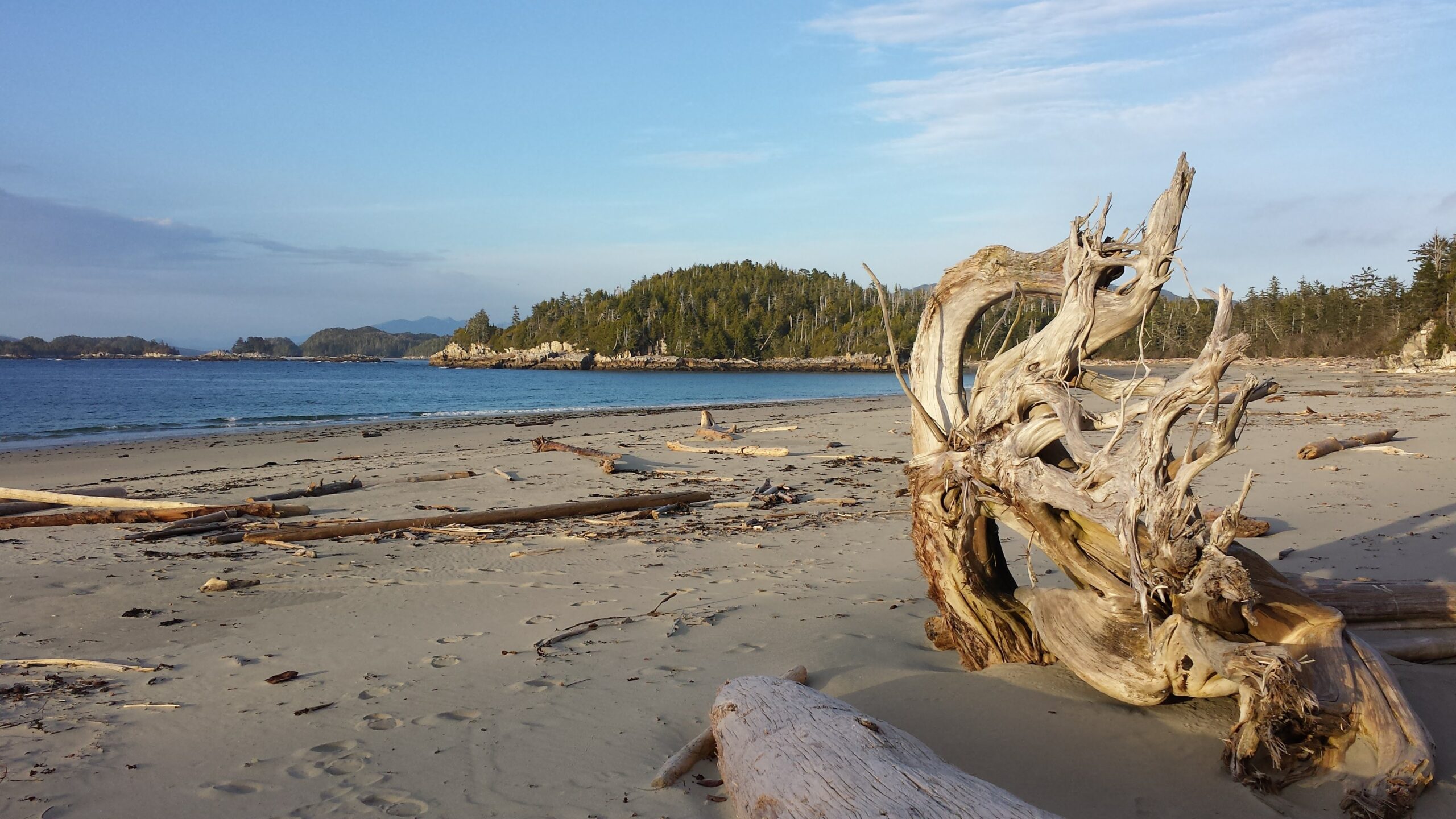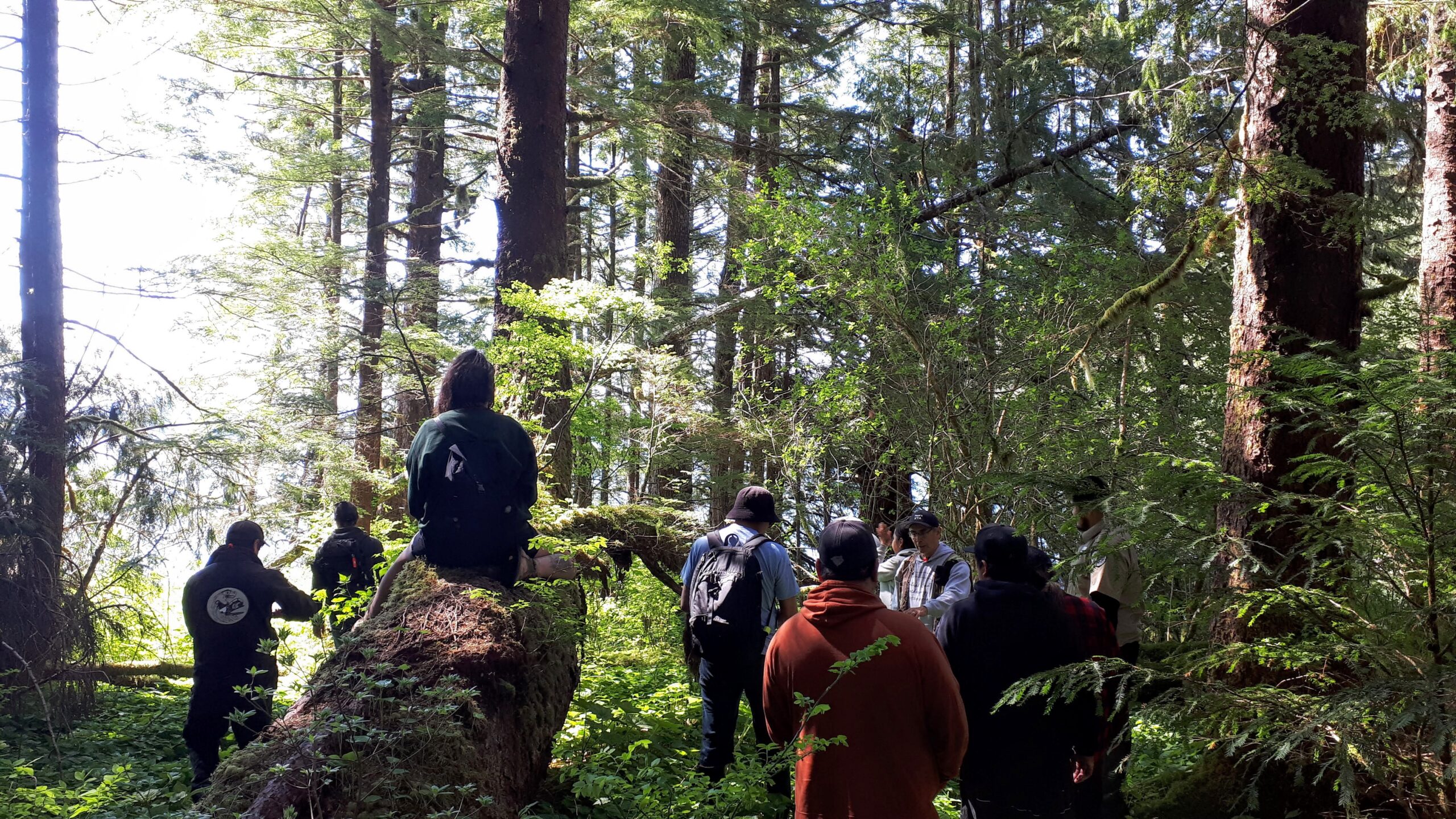Our Sea
Marine Planning
CFN’s Marine team supports the efforts of coastal First Nations in leading marine planning efforts within their coastal territories, including participation on various committees and teams, and providing leadership, coordination and policy support.
This includes Nation-level and regional monitoring and coast-wide planning and management initiatives with other governments and partners, such as the Marine Planning Partnership (MaPP), implementation of the Reconciliation Framework on Bioregional Oceans Management and Protection (RFA), and advancing the Great Bear Sea Marine Protected Areas Network.
Protecting the Great Bear Sea
Covering more than 100,000 square kilometres, the Great Bear Sea is among the most biologically diverse cold-water environments on Earth. The region’s dramatic coastlines, dense kelp forests and large estuaries support an abundance of marine life, including humpbacks, killer whales, salmon, herring, eulachon and the world’s last remaining glass sponge reefs.
For millennia, First Nations have carefully managed these marine ecosystems, and have brought that same vision, experience and traditional knowledge to modern marine use planning.
Today, CFN member Nations are leading a collaborative marine planning process, involving other First Nations, federal and provincial governments, and industry and conservation stakeholders, that sets a new precedent for successful marine stewardship worldwide. As coastal peoples, we know that keeping ocean ecosystems healthy is the key to preserving our culture, food security, economic self-sufficiency and coastal livelihoods.
Explore more stories:
Explore Our Initiatives
Learn more about Our Sea initiatives.
-
Great Bear Sea Marine Protected Areas
Learn More -
Regional Marine Planning
Learn More -
Marine Response and Shipping Safety
Learn More -
Funding our Marine vision
Learn More
Resources
CFN produces a wide range of reports, fact sheets and other publications. Check back regularly, as we will post new resources here.
Explore other initiatives
Want to Reach Us?
Please complete the contact form and we will get back to you as soon as we can!
Contact Us